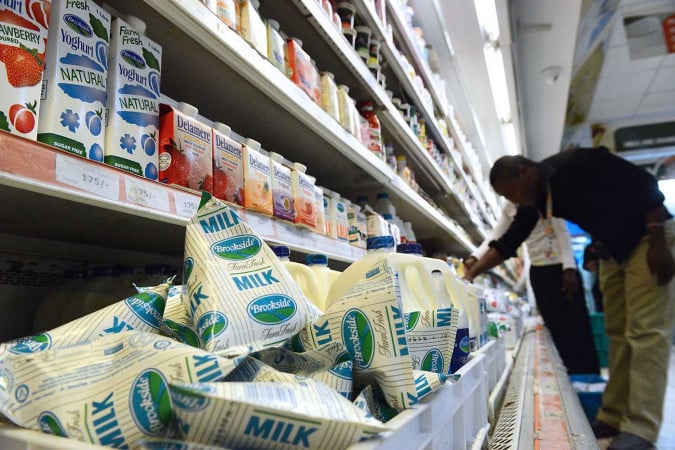More Kenyans ‘will fall into debt’ as cost of living bites
By Steve Umidha, December 13, 2022The number of households struggling to finance day-to-day expenses is forecast to grow due to the elevated cost of living, which has heightened the demand for cheap loans and exposed many to net debt.
In an economy that has produced the highest inflation rate in recent months, a new study warns that Kenyans should expect to fall deeper into debt to keep up with skyrocketing prices of basic commodities.
The latest prediction of the global micro-lending market expects the industry to accelerate by 12.8 per cent to reach $ 65.4 billion in six years as more loan providers will flock to the sector in a rush to meet the escalating call for cheap credit among borrowers.
Market share
Countries like Kenya will see their own market share swell as technological advancements and firmer guidelines gradually kick in, which will in turn provide alternative borrowing options for the distraught debtors.
The report by ReportLinker, a tech company which sampled industry trends, giving a regional outlook and forecast for 2022 to 2028, is also predicting that the rising use of mobile phones to access financial services through mobile credit and e-wallets will invigorate micro-lending business.
“The expansion of the microlending sector is also being driven by an elevation in the number of government programmes that facilitate micro-lending in a variety of countries,” notes the Global Micro Lending Market Size, Share & Industry Trends Analysis report.
It adds: “To meet their financial needs, these small enterprises will use unconventional loan service channels.”
Micro-lending is basically the process of giving small loans or micro-loans to proprietors of small businesses with shorter repayment periods – a practice that continues to grow popular among Kenyan borrowers, and which industry players expect to further develop.
“The rise of micro-lending is being fuelled in part by an increase in the rate at which the microfinance industry is embracing a new set of guidelines by the authorities, and a well-regulated market such as this, naturally attracts more investors,” said Peter Macharia, the CEO of micro-lender Jijenge Credit.
According to Macharia, the micro-lending business, or simply micro-finance, has taken centre stage as a possible conduit for expanding financial services to unbanked portions of the population, as financial inclusion has emerged as a prominent governmental priority in the country.
Stringent regulation
“At the same time, several lenders’ actions have drawn more scrutiny and the need for more stringent regulation,” he noted, predicting further regulations by the Central Bank in the future until rogue players show clear intentions of a pullback. Central Bank of Kenya (CBK) had in September listed a handful of digital lenders that had at the time met new rules that require all operating unregulated digital credit providers (DCPs) to apply for a license in a bid to weed out scoundrel operators.
“This is pursuant to Section 59(2) of the Central Bank of Kenya Act that requires all operating unregulated DCPs to apply for a license within six months of the publication or cease operations,” CBK said.
Ceres Tech Limited, Getcash Capital Limited, Giando Africa Limited, Jijenge Credit Limited, Kweli Smart Solutions Limited, Mwanzo Credit Limited, MyWagepay Limited, Rewot Ciro Limited, Sevi Innovation Limited and Sokohela Limited became the first digital lending firms to meet those requirements.
Despite the challenges faced by the global economy due to the pandemic, Africa has experienced an influx of venture capital investment from around the world.
Between January 2022 and May 2022, African start-ups received $2.7 billion in funding exceeding the amount invested in the same period in 2021 by more than double with markets like Kenya attracting interest.
